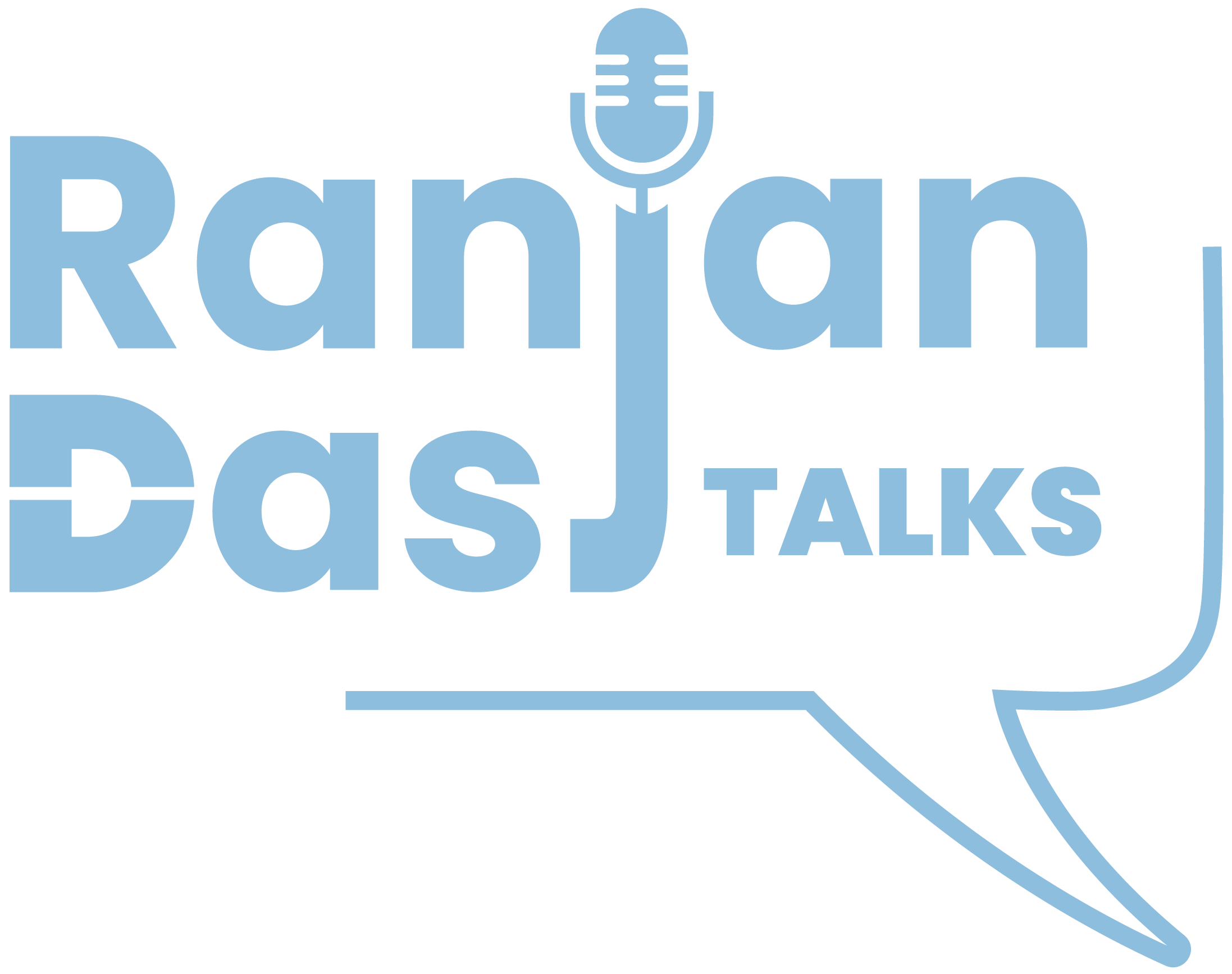
Blog
When Global Expansion Goes Hilariously Wrong
Discover the hilarious blunders of global expansion, from translation fails to cultural missteps, and learn how FoxnAngel ensures seamless entry into new markets.

Ranjan Das
· Posted: 2024-08-13
Posted: 2024-08-13
.png)
Global expansion is often seen as a sophisticated and strategic endeavour, but it can also be filled with unexpected twists, turns, and a healthy dose of humour. Companies, no matter how large or experienced, can find themselves caught in hilarious and sometimes cringe-worthy situations when navigating new markets. From translation blunders to cultural misunderstandings, the journey of taking a brand global is peppered with moments that could be straight out of a comedy show. In this article, we’ll explore some of the most amusing examples of global expansion gone wrong, illustrating the importance of cultural sensitivity, thorough research, and, of course, a good sense of humour.
1. Lost in Translation:
- Brand Names Gone Wrong: Some brand names don't translate well across languages. For example, when Chevrolet tried to market the "Nova" in Latin America, they didn't realize that "No va" means "doesn't go" in Spanish. Not exactly what you want to convey with a car!
- Slogans with Surprises: Pepsi's slogan "Come alive with the Pepsi Generation" was reportedly translated in China as "Pepsi brings your ancestors back from the grave." A great selling point for the afterlife, perhaps?
2. Cultural Missteps:
- Gifting Gaffes: In some cultures, giving a watch as a gift is seen as bad luck, symbolizing time running out. A well-meaning gift could accidentally imply that your business relationship has an expiration date.
- Unintentional Offense: KFC's "Finger-Lickin' Good" translated in China as "Eat your fingers off." Not the most appetizing way to attract customers!
3. Local Preferences:
- Taste Testing Trouble: When expanding to new markets, food brands often struggle with local taste preferences. For example, McDonald's had to offer paneer burgers in India and even created a “McSpaghetti” in the Philippines to cater to local palates. Some of these adaptations are hits, while others become infamous flops.
- Unexpected Competitors: In some regions, local competitors can be unexpected and fierce. Starbucks learned this the hard way in Australia, where the strong coffee culture led to many of their stores closing.
4. Funny Regulations:
- Odd Laws: Some countries have quirky laws that can surprise global businesses. For instance, in France, it's illegal to name a pig "Napoleon." Imagine trying to market a French-style ham brand and running into that!
5. Marketing Mishaps:
- Visual Blunders: Colors and symbols carry different meanings across cultures, and a campaign that looks perfect in one country can backfire spectacularly in another. For example, in many Western countries, white is associated with purity and weddings, but in some Asian cultures, it's the color of mourning. A U.S. tech company once launched a sleek all-white product line in China, only to find that it was inadvertently associated with funerals.
- Celebrity Endorsements: In Japan, celebrity endorsements are a big deal, but sometimes the match between the celebrity and the product can be so off-base that it ends up being more of a joke than a successful promotion. A famous example is when actor Arnold Schwarzenegger endorsed an energy drink in Japan, complete with over-the-top commercials where he screamed in Japanese. While the ads went viral, many viewers found them more amusing than persuasive.
6. Product Blunders:
- Gerber Baby Food in Africa: When Gerber started selling baby food in Africa, they used the same packaging as in the U.S., featuring a cute baby on the label. However, in some African countries, it's common practice to put a picture of the contents on the label. People were horrified, thinking the jars contained actual babies!
- Coors and the Slang Mix-Up: Coors beer launched a campaign in Spain with the slogan "Turn It Loose," which was unfortunately translated to "Suffer from Diarrhea." Not exactly the refreshing image they were going for.
7. Cultural Miscommunications:
- Parker Pen's “Embarrassing” Translation: Parker Pen marketed its pens in Mexico with the slogan "It won't leak in your pocket and embarrass you." However, the company mistakenly translated "embarrass" as "embarazar," which means "to impregnate." The slogan ended up promising, "It won't leak in your pocket and make you pregnant."
- The "Airplane Graveyard" Incident: When Braniff Airlines advertised their new leather seats with the slogan "Fly in Leather," it was translated in Spanish to "Fly Naked." While some passengers might have found that amusing, it wasn't quite the message the airline intended to send!
8. Local Custom Confusion:
- Coca-Cola in China: Coca-Cola's first attempt to market in China didn’t go smoothly. They tried to find a phonetic equivalent for “Coca-Cola” in Chinese, but the first translation came out as "Bite the Wax Tadpole." The company had to quickly find a better phonetic match.
- Vicks in Germany: Vicks, the popular cough and cold brand, didn’t realize that the pronunciation of "V" in German sounds like "F." This turned their brand name into a word that’s a crude term for sexual activity. Definitely not the kind of relief they were marketing!
9. Advertising Antics:
- Ford Pinto in Brazil: Ford introduced its Pinto model in Brazil without realizing that “Pinto” is slang for a small male genitalia. Sales were predictably poor until they renamed the car.
- Pepsi's Spooky Promise in Taiwan: In Taiwan, Pepsi’s slogan "Pepsi brings you back to life" was translated as "Pepsi brings your ancestors back from the grave." Not exactly what you want from a soft drink!
10. Packaging Pitfalls:
- Colgate's Culinary Misstep: Colgate, known for toothpaste, once launched a line of frozen dinners under the brand name “Colgate Kitchen Entrees.” Consumers found it hard to associate the brand with food, and the product was quickly pulled from the market.
- Haribo in the Middle East: Haribo, the gummy candy brand, made the mistake of using a pig as their mascot in a predominantly Muslim market, where pork is forbidden. They had to redesign their packaging to avoid offending their customers.
11. Epic Failures in Understanding Local Humor:
- American Dairy Association in Mexico: The American Dairy Association’s successful “Got Milk?” campaign ran into trouble in Mexico when it was translated to "Are You Lactating?" A question most people aren’t expecting to answer in public.
- Nike's Air Bakin’ Shoes in the Middle East: Nike once released a pair of shoes called Air Bakin’, which featured a flame-like logo on the back. Unfortunately, the design closely resembled the Arabic script for "Allah," leading to outrage and a recall of the shoes.
12. Unexpected Competitor Copycats:
- Starbucks and the Chinese Knockoffs: In various parts of Asia, Starbucks has encountered a wave of lookalike cafes with names like "Starsucks Coffee" and "Starbung Coffee." These cafes often mimic the green-and-white logo and the overall design of Starbucks stores so closely that even frequent customers have been fooled. In fact, a famous case in Thailand involved a cafe called "Starbung Coffee," where the owners were embroiled in a legal battle with Starbucks due to the uncanny resemblance of their logo—a green circle featuring a man in place of the iconic mermaid.
- The McDonald's Imitation Game: In countries like China and India, McDonald's has faced stiff competition from local chains that closely mimic its branding and menu, down to the golden arches. One well-known case involved a chain called "McDnoald's" in China, where the logo and menu items were nearly identical to McDonald's, confusing customers and challenging the real McDonald's to protect its brand. Another example is “Uncle McDonald” in China, which uses a similar color scheme and even has a mascot that closely resembles Ronald McDonald.
Global expansion is a thrilling yet complex journey filled with opportunities—and plenty of pitfalls. As we've seen through these amusing examples, even the most well-intentioned efforts can go hilariously wrong when cultural nuances, local customs, and logistical challenges are overlooked. These stories serve as a reminder that success in new markets requires more than just a good product; it demands cultural sensitivity, thorough research, and an open mind to learning from mistakes. While it's essential to approach global expansion with a serious strategy, it's equally important to maintain a sense of humour. After all, sometimes the best way to bridge cultural gaps is with a good laugh and a willingness to adapt.
At Fox&Angel, we understand that global expansion is a complex journey filled with potential pitfalls. But instead of stumbling into humorous blunders, we help brands navigate these challenges with precision, turning potential missteps into milestones of success. Our deep expertise in cultural insights, market research, and strategic planning ensures that your brand enters new markets with confidence, avoiding the common pitfalls that others might encounter. We tailor our approach to each market's unique dynamics, safeguarding your brand’s integrity while maximizing its impact. With Fox&Angel by your side, your global expansion won't just be a move—it’ll be a carefully crafted success story that brings smiles to your team and your customers worldwide.
reach out to us at services@foxnangel.com
This blog was originally published on: Ranjan Das - LinkedIn
Marketing is everything, products are
woven around it.